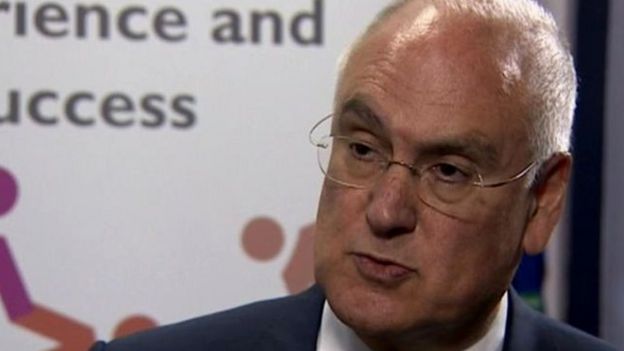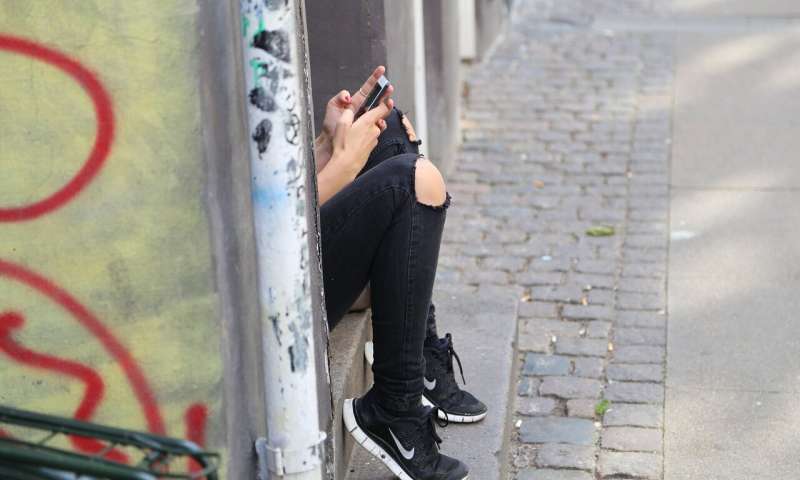Poor children in England are less likely to attend the best schools, even if they live nearby, suggests a new analysis of official figures.
The Schooldash blog compared the proportion of poor pupils in every school in England with the proportion in their local areas.
Poor pupils were notably under-represented at schools rated outstanding by Ofsted, says the report.
The government says all pupils deserve a world-class education.
The bloggers looked at the proportion of pupils on free school meals in every mainstream state school in England at both primary and secondary level.
They compared this with a measure of the proportion of children in income-deprived families in the population within 4km (2.5 miles) of secondary schools and 2km (1.2 miles) of primary schools.
‘Substantial bias’
They found wide variations between schools, between different types of school and between secondary and primary levels.
In particular, the intakes of grammar schools, single-sex secondaries, non-Christian faith schools and schools rated outstanding by Ofsted all fail to reflect the proportion of poorer children in the areas immediately outside their gates, the report found.
Outstanding schools showed “a substantial overall bias against poorer pupils”, the analysis suggested, while “inadequate” schools showed “a bias in the opposite direction”.
The study also looked at the intake of poorer pupils for different types of secondary school, finding:
- little overall bias in council-run schools
- converter academies, which have to be rated good or outstanding, took a smaller share of poorer pupils
- sponsored academies, often struggling schools run by trusts, took an above-expected share of poorer pupils.
Primary schools, whatever their type, appear to be fairly balanced in terms of intake, the report found, except in the case of primary free schools which “appear to take less than their fair share of poor pupils”.
Unintended consequences
The figures do not “necessarily mean that anyone is deliberately conspiring to keep poorer children out”, say the authors.
They are more likely to be the unintended consequences of admissions policies or the result of different school choices between social groups, they believe.
“But until something changes it is hard to see how poorer kids will get a fair chance when the schools that are most open to them are largely the kinds that no-one else wants to attend,” the report concludes.
“The data presented here suggest that the ‘postcode lottery’ is far from the only effect keeping poorer children out of good schools, even those poorer children who do live close to a high-performing school are less likely to end up going there,” added Schooldash founder Timo Hannay.

In a speech in June, Ofsted’s outgoing chief inspector Sir Michael Wilshaw said disadvantaged pupils in relatively wealthy areas were being let down, with the attainment gap between rich and poor wider than the national average in the home counties of Kent, Buckinghamshire and Surrey.
Education Minister Nick Gibb said the whole purpose of the government’s education reforms was to improve poor children’s chances.
“There are now over 1.4m more children in good or outstanding schools than in 2010 and the attainment gap between disadvantaged pupils and their peers is narrowing at primary and secondary level.
“The pupil premium has resulted in over £11bn in funding provided to tackle educational inequality and we are committed to doing more to help the most disadvantaged pupils succeed,” said Mr Gibb.
[Source:- BBC]








